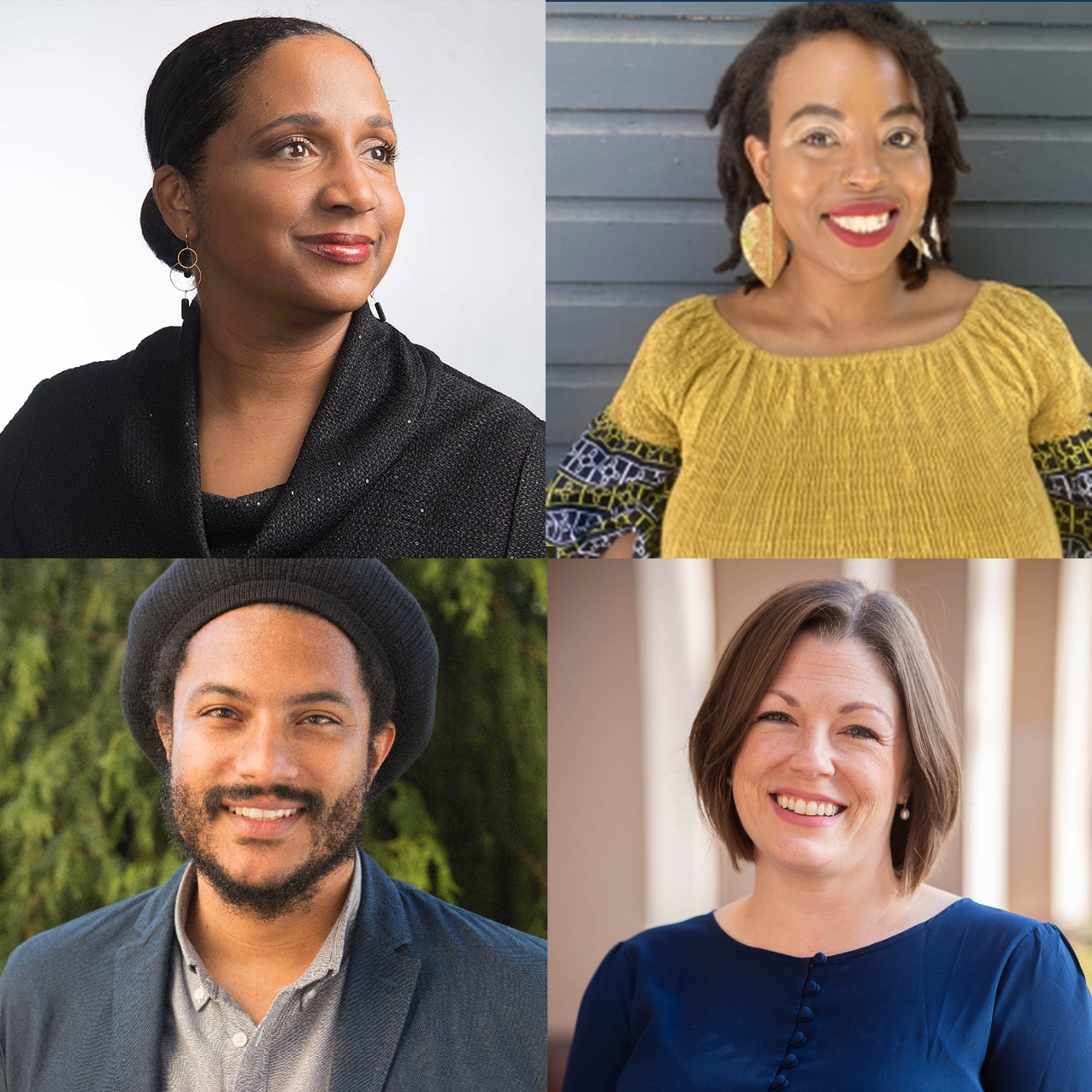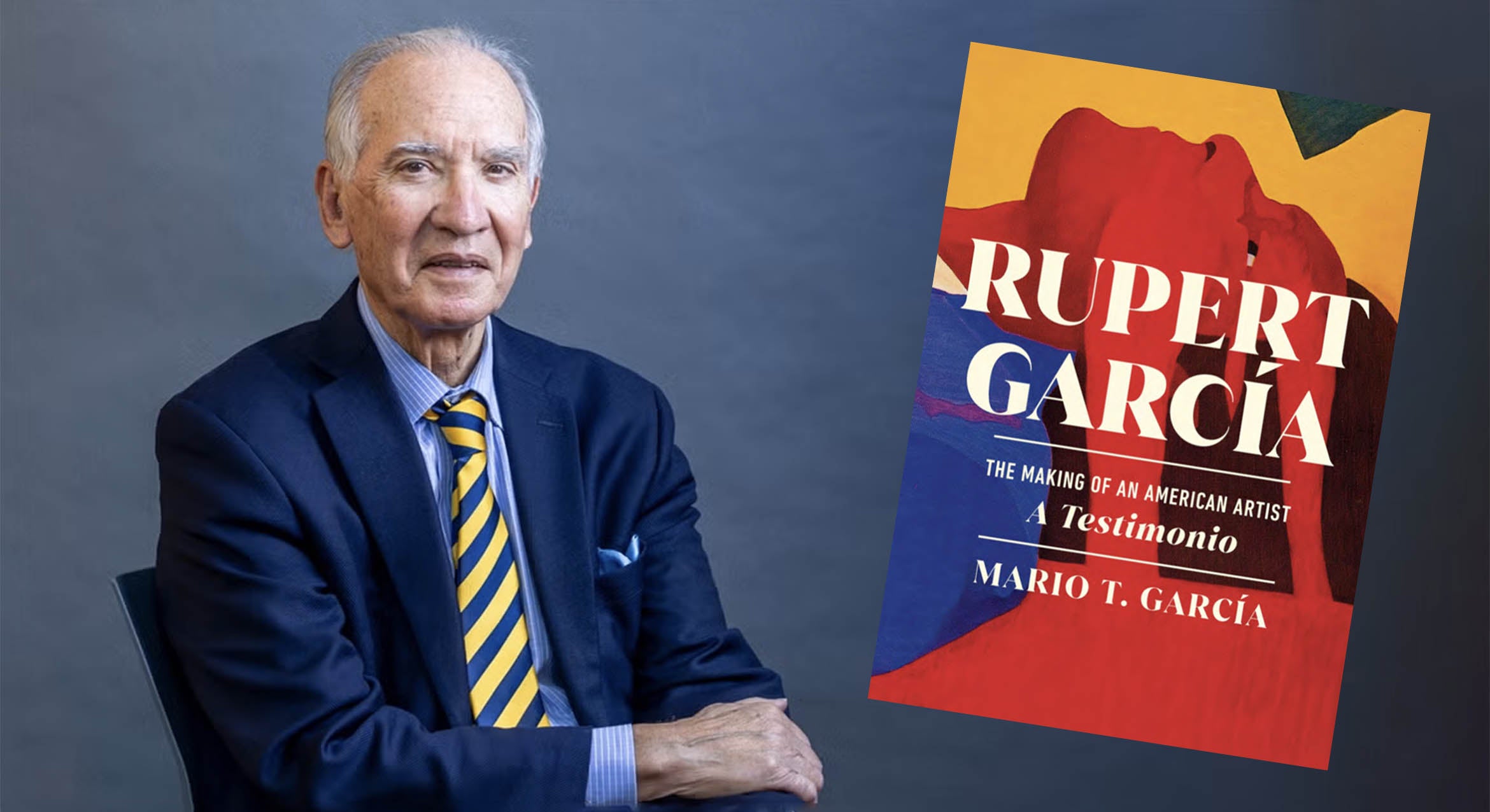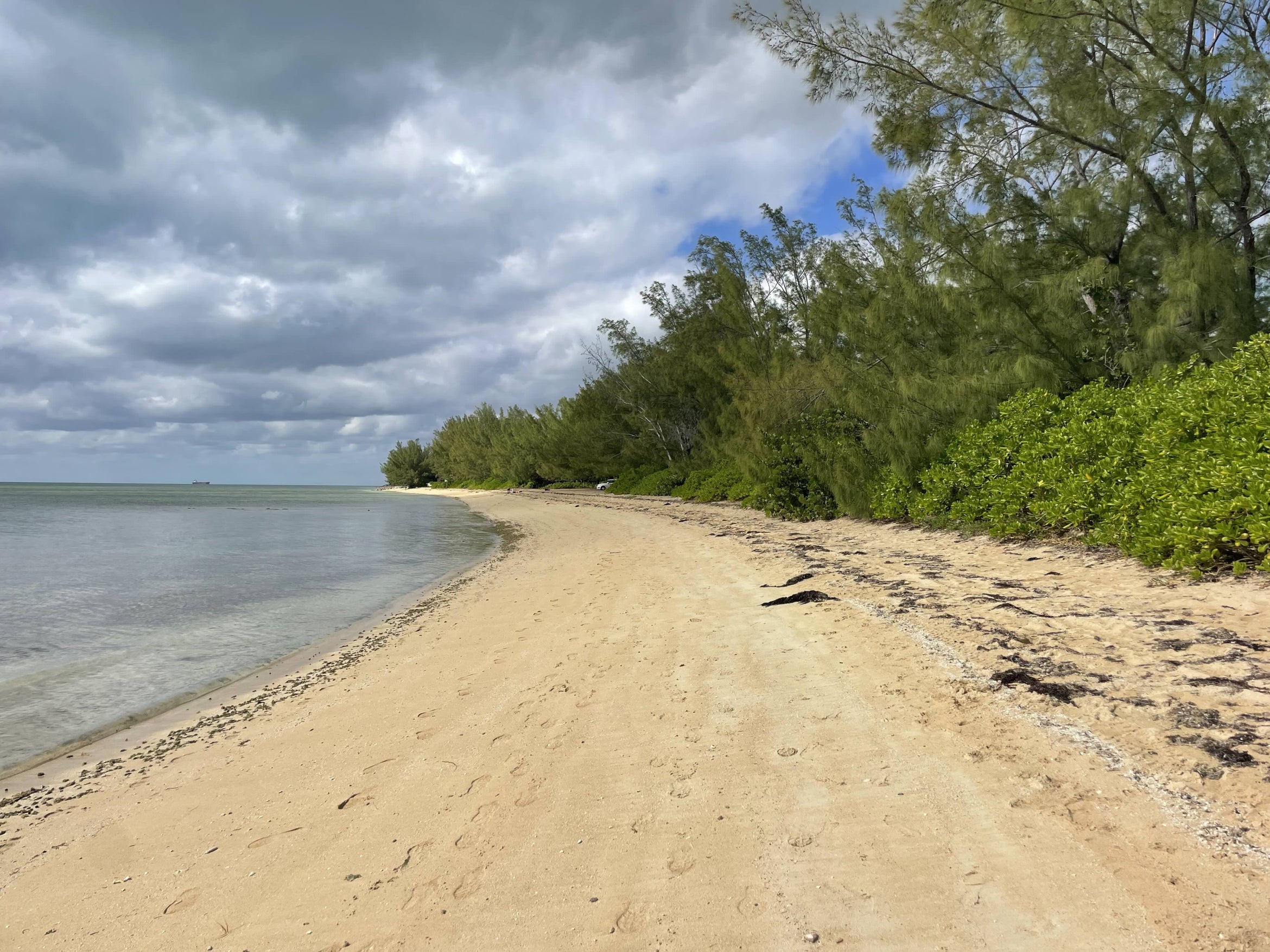Scholars discuss Black reparations in California

Since its establishment in 2020, the first-of-its-kind California Reparations Task Force has studied and developed potential reparations to Black people, especially those descended from enslaved persons. This week, UC Berkeley professor Jovan Scott Lewis — who was appointed to that task force in 2021 by Gavin Newsom — joins fellow scholars at UC Santa Barbara to discuss the historical context of reparations in the U.S., explain why they are being considered in California and provide an update on efforts across the state.
Lewis will be joined in conversation by Daina Ramey Berry, the Michael Douglas Dean of Humanities and Fine Arts at UCSB, and Tiffany Caesar, an assistant professor of Africana studies at San Francisco State University. Berry is an internationally recognized scholar of the enslaved and a specialist on gender and slavery and Black women’s history; Caesar’s research focuses on the preservation of transnational Black women leaders and engagement with public history.
Moderated by UCSB associate history professor Giuliana Perrone, the author of “Nothing More than Freedom: The Failure of Abolition in American Law,” the talk will run from 4–6 p.m. on Thursday, May 9, in the McCune Conference Room on the sixth floor of the Humanities and Social Sciences Building. The event is free and open to the public. The panel discussion will be followed by an audience Q&A and reception.
In June 2023, the California Reparations Task Force presented a range of recommendations to address inequality, including the restoration of stolen property, improving prison conditions and the establishment of funding to support affordable-housing efforts and reduce violence in Black communities, among other measures.
In January, California became the first state in the nation to attempt to put reparations recommendations into law, as the California Legislative Black Caucus introduced more than a dozen related bills. Among the bills, for example, is an effort to “restore property taken during raced-based uses of eminent domain to its original owners or provide another effective remedy where appropriate, such as restitution or compensation,” written by Sen. Steven Bradford, a Democrat serving the 35th district, in Los Angeles County. Lawmakers have until Aug. 31 to pass these newly introduced proposals.
The event is part of the Interdisciplinary Humanities Center’s Imagining California speaker series and is sponsored by the Sara Miller McCune and George D. McCune Endowment.
Keith Hamm
Social Sciences, Humanities & Fine Arts Writer
keithhamm@ucsb.edu



